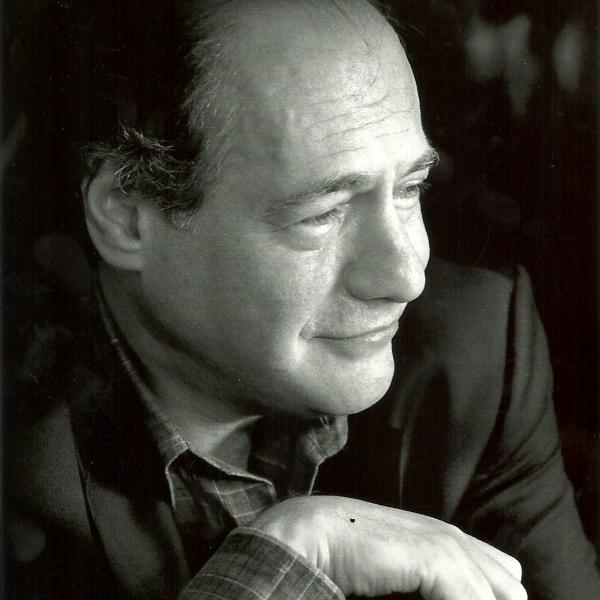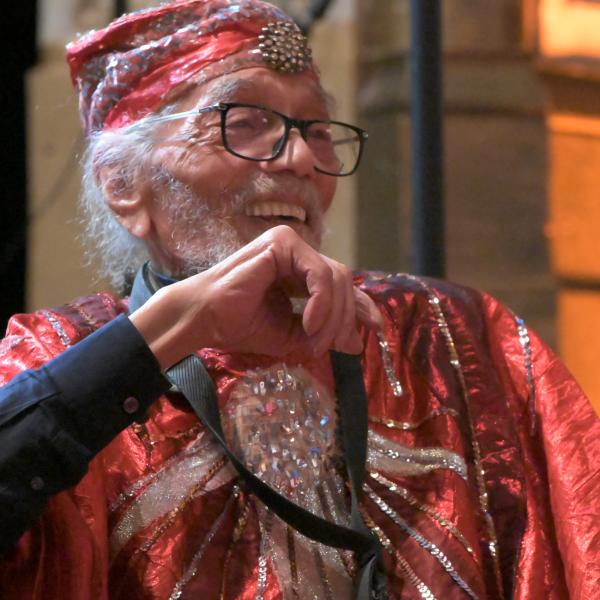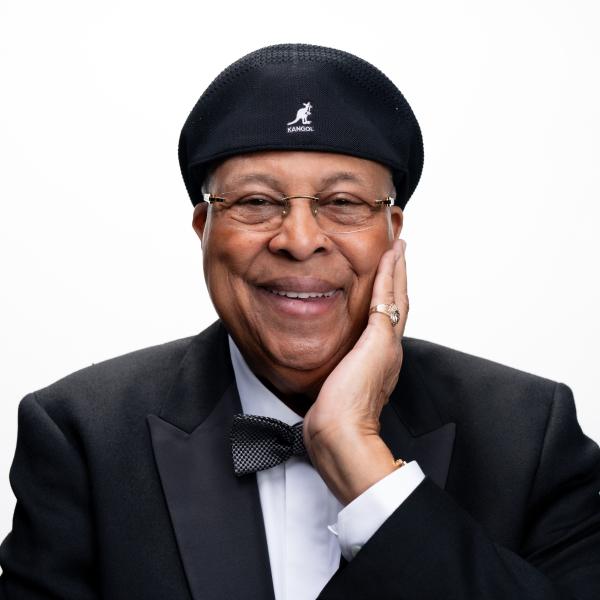NEA Jazz Masters: Tribute to Carla Bley
"To receive the NEA Jazz Masters award is a great and unexpected honor. I can think of many musicians who deserve this award, and won't be getting it. Luckily, I'm not one of them."
One of the premier composers of the last 50+ years, Carla Bley has written music for big bands, choirs, chamber orchestras, and small combos. Her work demonstrates a wide compositional range as well as a healthy sense of humor. Bley’s skills have been in demand even outside of jazz, including performing and recording with Jack Bruce, Robert Wyatt, and Pink Floyd’s drummer Nick Mason.
Bley’s father, Emil Borg, was a church organist and piano teacher—he first introduced her to music when she was three, and she first heard jazz when she was 12. She moved to New York at age 17, working as a cigarette girl at the jazz club Birdland, where she met pianist Paul Bley, whom she married in 1957. Immersed in the city’s jazz scene, she began to write compositions, which Paul Bley and a number of other musicians, such as Art Farmer, Jimmy Giuffre, George Russell, and Tony Williams, began to record.
In 1964, with her second husband, trumpeter Michael Mantler, she formed the Jazz Composer’s Orchestra and subsequently founded the Jazz Composer’s Orchestra Association, an independent record label focusing on more avant-garde forms of jazz, such as Bley’s collaboration with poet Paul Haines on the groundbreaking work Escalator over the Hill.
Bley’s compositions and arrangements reached wider audiences through such recordings as Gary Burton’s A Genuine Tong Funeral, an album dedicated to Bley’s first extended composition, and Charlie Haden’s The Liberation Music Orchestra.
In 1972, Bley and Mantler started a new record label, Watt, on which she has since issued recordings of her work. She also began experimenting outside of jazz, joining Jack Bruce’s band in 1975, writing all the compositions for and performing on Nick Mason’s 1981 album Nick Mason’s Fictitious Sports, and recording the soundtrack to the 1985 film Mortelle Randonnée. In 1997, a live production of Escalator over the Hill was staged in Germany, then toured Europe the following year.
Among the awards bestowed upon Bley are a Guggenheim Fellowship for music composition (1972), the German Jazz Trophy "A Life for Jazz" (2009), and honorary doctorates from l’Université de Toulouse-Le Mirail (2012) and the New England Conservatory (2014).
Bley has toured all over the world, including Brazil, Japan, South Korea, and just about everywhere in Europe. She continues to perform and record frequently, both with her own big band and a number of smaller ensembles, notably the Lost Chords (including bassist Steve Swallow, saxophonist Andy Sheppard, and drummer Billy Drummond.
Selected Discography:
Carla Bley/Paul Haines, Escalator over the Hill, JCOA, 1968-71
Fleur Carnivore, Watt, 1989
The Carla Bley Big Band Goes to Church, Watt, 1996
The Lost Chords Find Paolo Fresu, Watt, 2007
Trios, ECM, 2012




